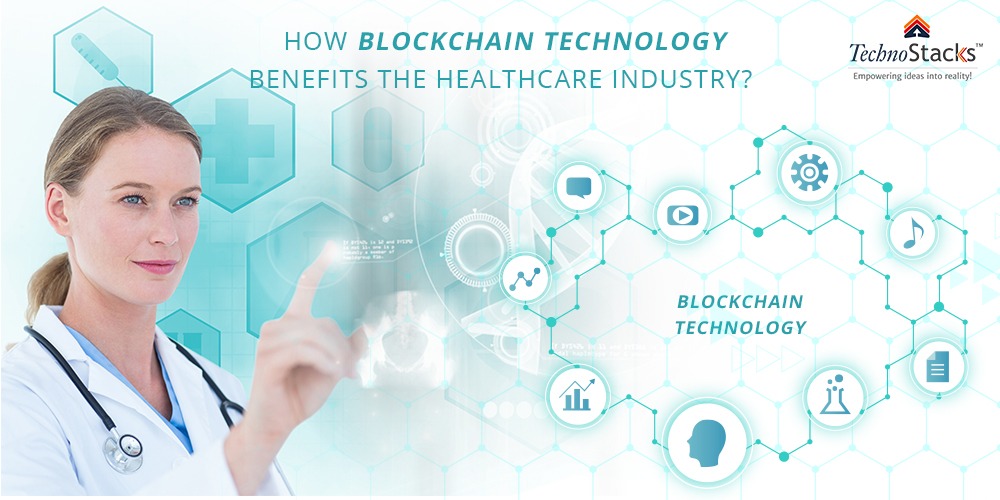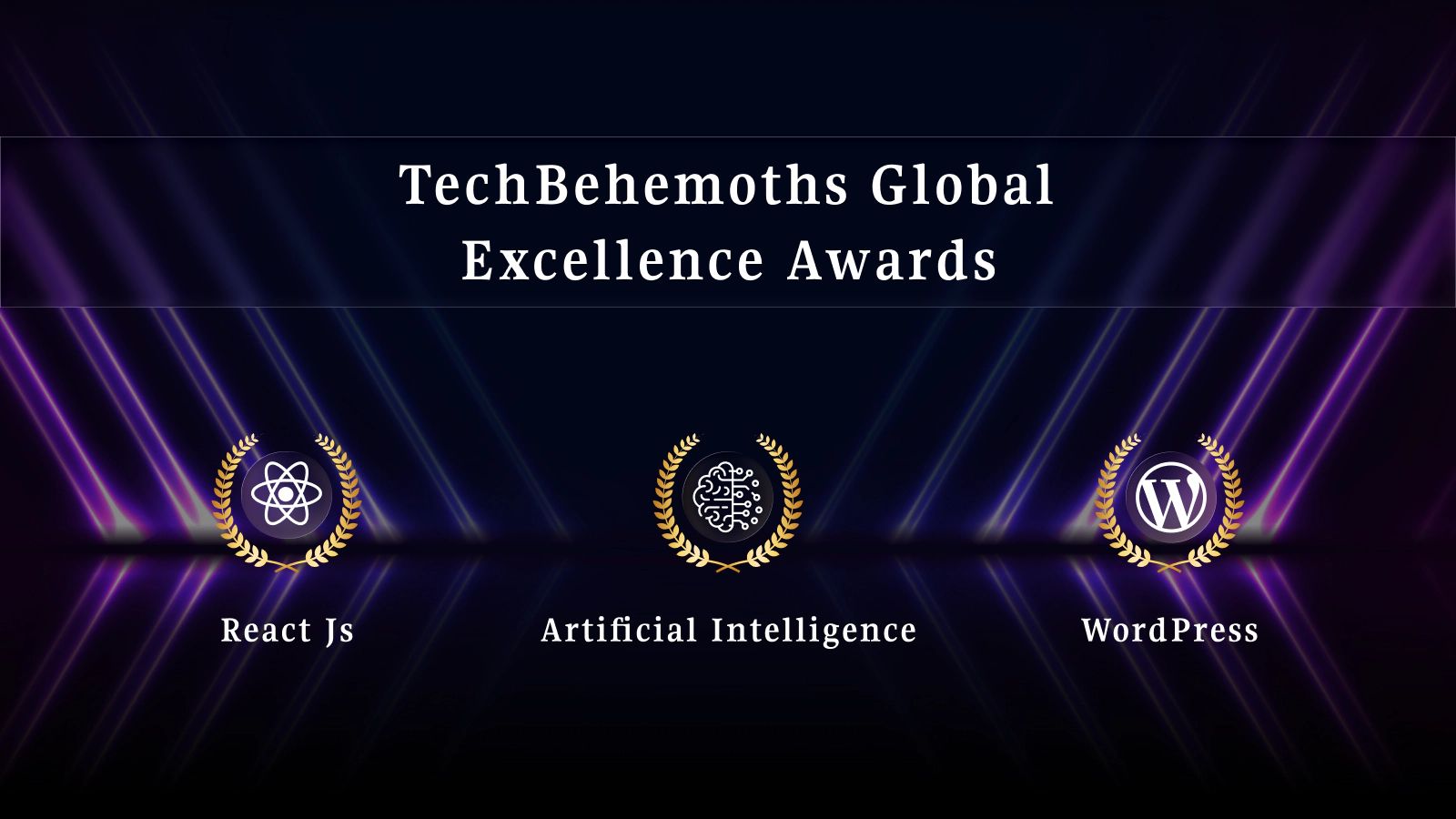How blockchain technology is altering the healthcare space
Blockchain was created in the year 2008 by Satoshi Nakamoto, a pseudonymous person and was utilized as a major element of the digital currency, ‘bitcoin’.
What is Blockchain Technology?
The blockchain is the technology that took the industry by storm by its groundbreaking work in data handling and its exchange. Its enormous success across diverse industries has left even the healthcare space to fluster with queries. People are considering it the ‘solution to interoperability,’ and the technology that can resolve healthcare’s alarming issues,’- however, if the perplexity looms, blockchain will take more time than the required to make a difference in the healthcare space.
Benefits of Using Blockchain Technology in Healthcare
-
- Single, longitudinal patient records
Longitudinal patient records can better compile episodes, disease registries and lab outcomes. The treatments can be attained via blockchain, comprising inpatient, ambulatory and wearable data assisting enablers, also coming up with improved ways of delivering healthcare services.
-
- Master the patient indices
Time and again when dealing with healthcare information and data, records get incompatible or turn duplicated. Even diverse EHRs have altered schema for each single field – coming up with ways of inflowing and influencing the simplest of required data sets.
With blockchain, the intact data set is being hashed to a required ledger, and not mere the primary key. The user would look for the address – there can be manifold addresses and numerous keys, but they will all capitulate to a solitary patient recognition.
-
- Claims adjudication
Since blockchain operates on a validation-based exchange, the claims can be automatedly verified where the network accepts upon the way a contract is carried out. Even since there is no centralized authority, there would be lesser errors and frauds.
-
- Supply chain management
Blockchain contracts can help healthcare organizations in tracking supply-demand cycles via its complete lifecycle – how is the transaction being executed, whether the contract is flourishing, or if there are any further delays.
-
- Interoperability
Interoperability, the assurance of blockchain, can be comprehended by the utilization of APIs to make EHR interoperability and data storage a steadfast procedure. With a blockchain network being shared with authorized services providers in a secure and uniform way that would get rid of the cost and burden connected with data reconciliation.
Other than these benefits, blockchain can even transform drug supply management, the revenue cycle management, required clinical trials and put off the frauds.
How to Implement Blockchain Technology in Healthcare with its Applications
Having explored the significance of blockchain technology in the healthcare sector along with the alterations that it could bring, here are some of the use cases that use the latent of the technology and could make the healthcare industry easier to get to, secure and trustworthy.
-
- Managing the Population Health Data
Population health data refers to the medical data of a specific demographic. For instance, it may be health risk data for women suffering from thyroid in the group of 25 to 40 years. To comprehend the risks across a diverse population, the data is typically offered in an anonymized form and no names are publicized in these cases.
Blockchain provides a consistent solution to this precise challenge. When applied accurately, blockchain will allow enhanced Security, data sharing, interoperability, data integrity and Real-time modernization with required access.
Utilizing blockchain technology can enable people to contribute in population health studies to and monetize their data in the medium of tokens. Moreover, superior data and sharing of population health data can perk up healthcare delivery transversely via diverse populations. With more data sets, the use of new technologies like ML and AI would be possible which will lead to discovering extensive risks of population health.
-
- Securing the Healthcare Setups
The present healthcare system and organizations work via one single central database. This database is handled by one entity in the organization. In this way, the point of failure comes to one sole point. In such scenarios, if a hacker or an anti-social component attacks the system, the concerned user can way in the on the whole database and would put the patients as well as the organization in risk.
Blockchain can be used to safeguard the internal infrastructure of a setup. A large-sized organization with numerous independent actors having diverse levels of a way in on a blockchain ledger along with the encryption embedded on the blocks will protect organizations from outside attacks. If a blockchain network is directed precisely in a healthcare organization, it would avert such ransom attacks and other problems such as data corruption and hardware failures.
-
- Making Patient Payments via Cryptocurrencies
Another tempting application of Blockchain in healthcare is the utilization of cryptocurrencies as payments instead of cash or fiat money. The cash healthcare practices are in occurrence however, the health care expenses are not defined as such.
By having blockchain systems and applications implemented the possibility of offering the precise solutions and eliminating frauds has amplified. Bill processing automation removes the 3rd parties from the complex chain and has reduced the overall administrative costs. In addition, when larger institutions will adopt payment processing through cryptocurrencies, a major reallocation would take place. Each penny paid to the Medicare would be monitored and make sure that no frauds are made during the procedure.
-
- The Drug Traceability
Counterfeiting of drugs along with forged drugs in the supply chain leads to a big loss of billions of dollars every year. As per the Health Research Funding Organization (HRFO), report, 10 % to 30 % of drugs in developing nations are not original.
The key feature of blockchain technology that can be applied in medicine traceability is its precise security. With every new transaction which are added to a block will be irreversible as well as time stamped. This will make it trouble-free to trail a product and make sure that the data in the block cannot be distorted.
Likewise, the attribute of data transparency in a blockchain system can lend a hand to find the entire path of origin, thus, serving in getting rid of the exchange of fake drugs.
Moving Forward
There is a rapid development of blockchain in financial applications. However, the blockchains latent for healthcare relies on how willing healthcare organizations are to build the needed technical infrastructure. The blockchain is expensive, there is some apprehension concerning its integration with the existing technology, and there surely is some critical assumption about its cultural adoption in healthcare space.









